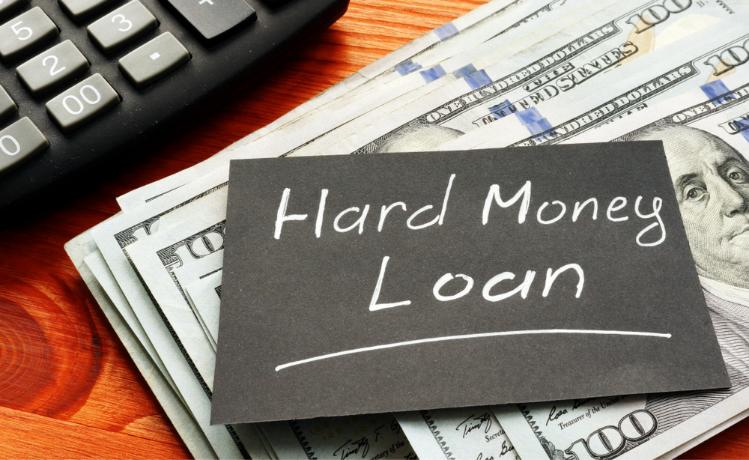Hard Money Loans with a Self-Directed IRA
Hard money loans with the use of a Self-Directed IRA have become a popular investment option for many Americans.
You may know that Self-Directed IRA simply refers to an IRA (Individual Retirement Account) which allows traditional assets, such as stocks, but also alternative assets, such as gold and real estate. In the last several years, the number of Self-Directed IRA accounts has grown significantly.
A hard money loan is a specific type of loan financing where a borrower receives funds secured by real property. Companies or private investors usually issue hard money loans. Many Self-Directed IRA investors in 2024 see hard money as an attractive investment option. It generates strong returns in a tax-deferred or tax-free manner, in the case of a Self-Directed Roth IRA.
- The ability to loan IRA funds is an attractive way to generate income
- Make sure you are not lending to a disqualified person
- Using an LLC to loan the money is generally the best option
The Advantages of a Self-Directed IRA
The best part of using a Self-Directed IRA to make a hard money loan is that you can invest in what you understand. Additionally, Self-Directed IRAs are valuable for retirement portfolio diversification options. It also acts as a hedge against inflation. Moreover, the interest a hard money loan generates flows back to the Self-Directed IRA without tax.
Generally, hard money loans can be secure or unsecure. If you use a Self-Directed IRA to make a hard money loan, it’s important that the borrower not be a “disqualified person.” As the IRA holder, you are a “disqualified person.” Your lineal descendants are seen as disqualified persons, as well as entities you or such persons own.
Read More: What is Checkbook Control?
Below is a step-by-step breakdown of how to use a Self-Directed IRA or checkbook control IRA to make a loan to a non-disqualified person.
5 Steps to Make a Hard Money Loan (to a Non-Disqualified Person)
Establish a Self-Directed IRA
1. Establish a Self-Directed IRA with an IRA custodian or trust company. The company must allow for alternative asset investments, such as IRA Financial Trust. Transfer or Rollover your retirement assets that you will use for investment tax-free to the new IRA custodian.
Establish a Special Purpose LLC
2. In the case of a checkbook control Self-Directed IRA solution, establish a special purpose LLC that the IRA entirely owns. There’s no requirement to establish an LLC to make hard money loan investments. The IRA custodian can transfer the funds to the borrower on behalf of the IRA. However, using the LLC will likely cut down on annual IRA custodian transaction fees.
Start a Bank Account
3. Establish a bank account for your LLC. You will need to have the LLC article of formation, a Tax ID#, as well as a Self-Directed IRA LLC operating agreement.
IRA Custodian
4. Notify the IRA custodian that you want the funds sent to the newly established LLC bank account. The IRA assets/cash will then transfer to the LLC tax-free. This is in exchange for 100% interest in the LLC. Alternatively, if an LLC is not used, the IRA custodian must transfer the funds to the borrower on behalf of the LLC.
Full Checkbook Control
5. As manager of the LLC, you will have checkbook control over all the assets/funds in the IRA LLC. You will have the authority to send the funds to the borrower as part of a loan agreement or promissory note. Make the option of having a secure or non-secure loan. Based on the terms of the loan, the borrower must send the interest and principal payments back to the LLC or the IRA custodian directly if an LLC is not used.
Learn More:
Self-Directed IRA Prohibited Transactions
How to Choose the Best Self-Directed IRA Custodian
Options to Buy Real Estate in a Self-Directed IRA
Contact Us
You can learn more about how to use a Self-Directed IRA to make hard money loans. Simply contact IRA Financial Group and speak directly with an in-house tax & ERISA specialist at 800-472-0646. Or fill out our contact form.













